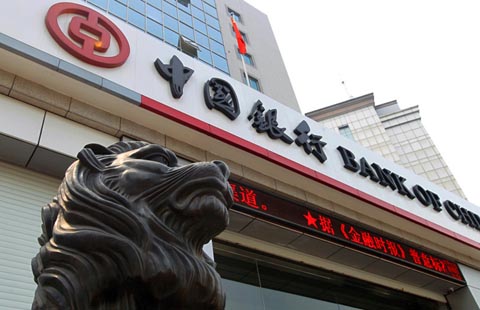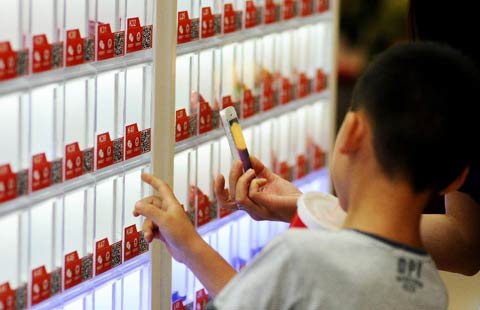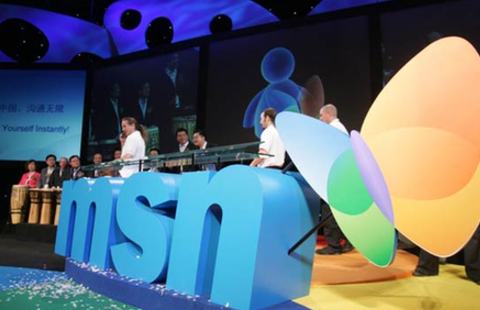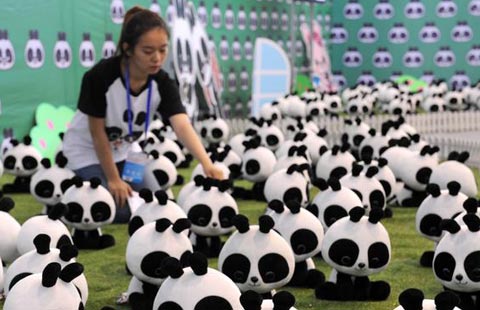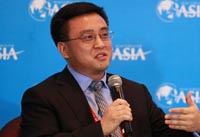To US consumers, China's Alibaba is a non-entity
(Agencies) Updated: 2014-09-16 14:02Starting small
Alibaba's precise plans for growing in the United States are unclear, and the IPO itself could raise Alibaba's profile.
"After being listed in the US, we will develop our business in Europe and in the US," founder Jack Ma told journalists on Monday. "We will not give up the Asia market because, as I would say, we are not a company from China, we are an Internet company that happened to be in China."
Whatever it decides to do, its lack of brand recognition is hardly insurmountable. Foreign stores from IKEA Group, of Sweden, to Fast Retailing Co's Uniqlo, of Japan, have established footholds in the United States despite being more or less unknown to Americans beforehand. So have foreign digital companies like online streaming music service Spotify, which is Swedish.
"The wise thing would be to start small, investigate the market, investigate the consumers, and investigate the competition and try and build a model that is attractive to Americans," said Martin Sorrell, who heads up the world's largest ad agency WPP.
Indeed, Alibaba has set up a US investment division and has been building up a presence in the United States Last October, it led a roughly $200 million investment round in US retail site ShopRunner Inc. The stake in ShopRunner, which rival's Amazon Prime service and works with dozens of US retailers, will give Alibaba a way to learn about online shopping in America.
Alibaba unveiled its first direct-to-consumer online shop in the United States in June, the website 11main.com, which caters to a niche audience and specializes in one-of-a-kind items not found at larger retail chains.
11 Main may be the company's best bet for winning American buyers, said Bhatt.
"It sounds like a local brand and its fun and simple," she said, adding that the company needs to explain to consumers what it does differently or better than rivals.
One strategy Alibaba could pursue to win instant US recognition is to buy a sports team, suggests David Srere, co-CEO and chief strategy officer at Siegel+Gale, a global strategic branding firm. The company has already tried that in China, agreeing to pay 1.2 billion yuan ($192 million) for a stake in China's most popular soccer team, Guangzhou Evergrande.
Alibaba lost an opportunity of ensuring getting in the headline by not buying the Los Angeles Clippers when it was for sale earlier this year, Srere said. The basketball team sold for $2 billion.
"That would have been a dramatic entry into the market," he said.
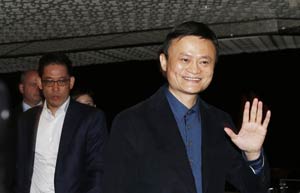 |
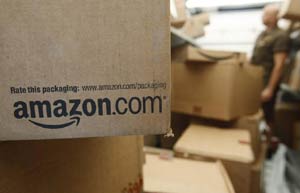 |
| Ma touts tower of 'BABA' in HK |
- To US consumers, China's Alibaba is a non-entity
- Top 10 Chinese enterprises in 2014
- China's stem cell industry set to grow rapidly
- ICBC Singapore issues 4b yuan of offshore RMB bonds
- Nippon Paint China upgrades brand for comprehensive custom service
- Whirlpool gets approval for acquisition of Hefei Sanyo
- China-invested airlines to launch flights in Cambodia
- BOC announces yuan bond listing on Euronext
